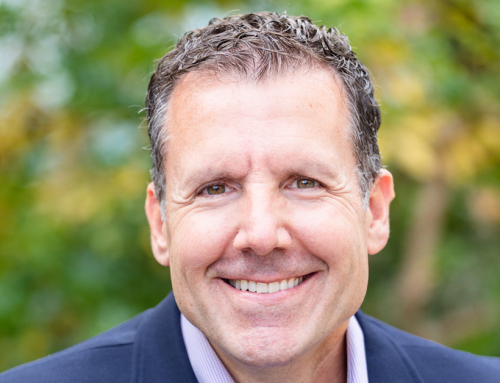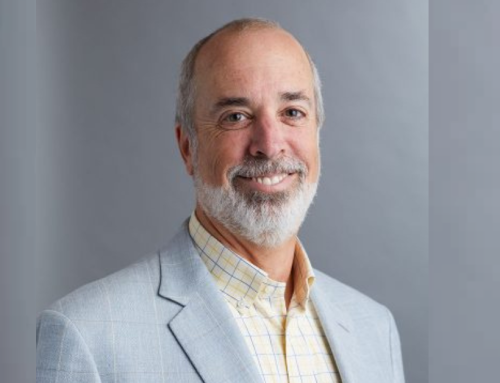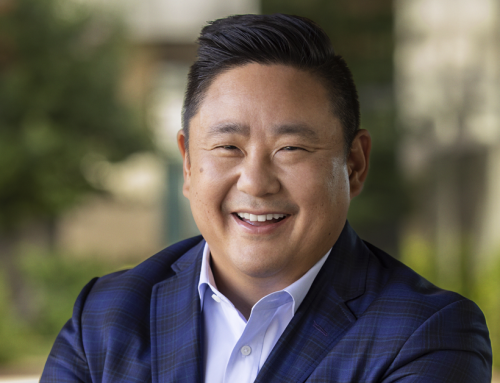Guest: Daniel Crosby, PhD., the Chief Behavioral Officer at Orion Advisor Solutions. Daniel is a behavioral finance expert, psychologist, and the author of several books, including his latest, The Soul of Wealth.
In a nutshell: Facts just aren’t persuasive by themselves, especially when the topic of conversation is money. You can show folks exhaustive market data and crunch their numbers in Monte Carlo simulations, but if you haven’t established rapport and connection ahead of time, your facts will fall flat.
On today’s show, Daniel Crosby and I explore the science behind persuasion and decision-making and how advisors can help their clients build more positive connections between their feelings, their financial plans, and their lives.
.Daniel Crosby and I discuss:
- Why presenting a persuasive case with facts, context, and background does not always guarantee a client will make a good decision.
- How the “backfire effect” causes people to double down on their beliefs when they’re presented with contradictory facts.
- Presenting important facts with “relational grounding.”
- What brain imaging tells us about emotional conversation topics.
- Orion’s five-part framework for having difficult conversations with clients.
- Why advisors who try to provide “clinical” advice are doing themselves and their clients a disservice.
- The “HALT” (Hungry, Angry, Lonely, Tired) Strategy for managing strong emotions.
- How to align financial decisions with positive emotions.
- Social media’s effects on decision-making and financial happiness.
- “Functional Fictions” and “Useful Delusions.”
- The future of financial advice in a world where AI will eventually dominate money management.
. Quotes:
Daniel Crosby on the brain’s response to money issues:
“ In a previous book I wrote, The Behavioral Investor, I looked at brain imaging research on the emotional valence of different conversational topics. So they would hook people up to brain scan machines, and then they would talk to them about sex and death and religion and politics and all of these hot-button issues, and they would measure how much electrical activation there was in the brain. The conversation that elicited the most response was money. More than sex, more than death, more than religion, more than anything. Our most emotional conversations are around money, and when we try and meet that emotion with fact, in the absence of care and love and connection, it is bringing a knife to an emotional gunfight and it just does not work.”
Daniel Crosby on the wiring humans have to overcome to become better investors:
“ You have to think about what humankind does best. It’s not communication; dolphins do that. And it’s not opposable thumbs; chimps have those. Crows can use tools. The thing that we do the best is that we work together, and the way that we work together is by agreeing to operate as though things that are not true in the strictest sense are true. So the borders of the state of Georgia don’t exist in nature, but we act as though they exist. And they call these ‘functional fictions’ as we agree to operate as though things that are not actually true in nature are true, and this allows us to cooperate. The profound upside is that we can build churches and governments and rules and civilizations, and this is a wonderful thing for human cooperation, and it’s why we’ve flourished. The downside of this is that we tend to move as a pack. Other people’s reality is literally shaping, in the most concrete way, the way that you view the world and the things in the world. In some ways, we could not have been wired any worse to be investors because we are wired for certainty. And as we’re finding out this year, being a good investor takes a lot of dealing with uncertainty. We are wired for now. And being a saver and an investor requires you to privilege tomorrow. We are wired for certainty and immediacy and action. And we know from 19 different countries where it’s been studied that the more you trade, the worse you do. So everything that’s required of being a good investor is 180 degrees on the other side of how we are wired: to be these herding, cooperative creatures who trust the tribe and privilege the tribe above everything else.”
Daniel Crosby on “The Soul of Money”:
“ When this country was founded, 85% of the world was living in poverty. Today, that number’s 9%. Since World War II, the average American home size has tripled. And yet when you look at how we’re doing as a country, as a world, we feel less well off. We feel less grateful. We have much higher instances of mental illness and loneliness and disconnection. So we’re living through this moment of unprecedented material wealth, but low levels of wellbeing. ‘The Soul of Wealth’ is trying to bridge that gap to try and say, how can we take the wealth that we’ve created and bridge the gap from a life of substance to a life of significance? How can we take the material substance that we’ve accumulated and turn it into a life of significance? Importantly, I think that is the future of advice. AI is going to do an incredible job of whatever value-add or differentiation remained in places like asset management and even financial planning. I think AI is just going to get so good at that so fast that what has been true at the margins — that the relationship was the most foundational thing — is going to become amplified in the years to come. And I think the best advisors are going to be the ones that compete on helping their clients live lives of significance and meaning.”
Resources Related to This Episode
- Daniel Crosby on LinkedIn
- Books discussed:
- By Daniel Crosby
- By Antonio Damasio
-
Influence: The Psychology of Persuasion by Robert Cialdini
- Useful Delusions by Shankar Vandam
- Amusing Ourselves to Death by Neil Postman
- Brave New World by Aldous Huxley
- 1984 by George Orwell
- The Anxious Generation: How the Great Rewiring of Childhood Is Causing an Epidemic of Mental Illness by Jonathan Haidt





